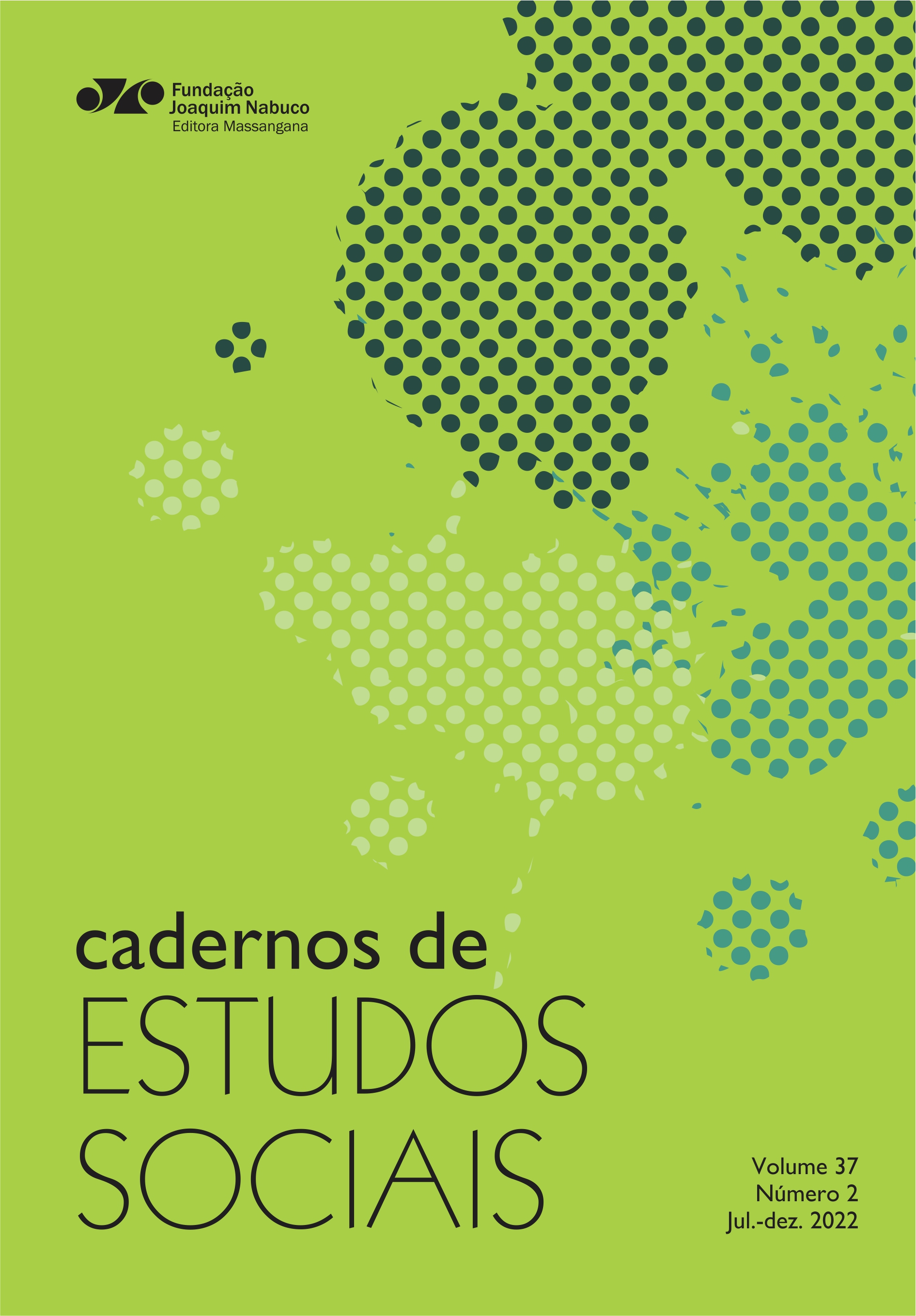FOR A DECOLONIAL EPISTEMOLOGICAL CRITIQUE
REFLECTIONS ON THE DECOLONIZATION OF THE CURRICULUM
DOI:
https://doi.org/10.33148/CES(2128)Abstract
The purpose of the text is to reflect critically and interpretively on school practices and the decolonization of the curriculum in a given context, through the analysis of racial and power relations of young black people in high school in the interior of Bahia. In order to seek to understand the complexity of these relationships and the very historical and social construction of processes of domination, the reference is the interaction with the interlocutors, their experiences inside and outside the school. The most used qualitative methodology emphasized the Focus Group as a tool for data collection, encompassing objective and subjective aspects for understanding the school process, providing, through the discussion/collision of ideas, the understanding of divergences and oppositions. The students' point of view obliges us to recognize the imperative of curriculum decolonization and the cultural perspective as an essential factor in the school trajectory that is not restricted to school, but which considers it fundamental as a converging element of meanings and resistance to totalization. The transcribed narratives even crossed by lines of power and situated in a turbulent field of impositions, can be viewed as open narratives, subject to being subverted, open to the production of counter-hegemonic identities and subjectivities.
KEYWORDS: Decolonization. Epistemological Criticism. Power relations. Race Relations. Public education.
Downloads
Downloads
Published
How to Cite
Issue
Section
License
Copyright (c) 2023 Autor, concedendo à revista o direito de primeira publicação

This work is licensed under a Creative Commons Attribution 4.0 International License.
Autores que publicam nesta revista concordam com os seguintes termos:
- Autores mantém e retém os direitos autorais. Os mesmos concedem à revista o direito de primeira publicação, com o trabalho simultaneamente licenciado sob a Licença Creative Commons Attribution que permite o compartilhamento do trabalho com reconhecimento da autoria e publicação inicial nesta revista.
- Autores têm autorização para assumir contratos adicionais separadamente, para distribuição não-exclusiva da versão do trabalho publicada nesta revista (ex.: publicar em repositório institucional ou como capítulo de livro), com reconhecimento de autoria e publicação inicial nesta revista.


